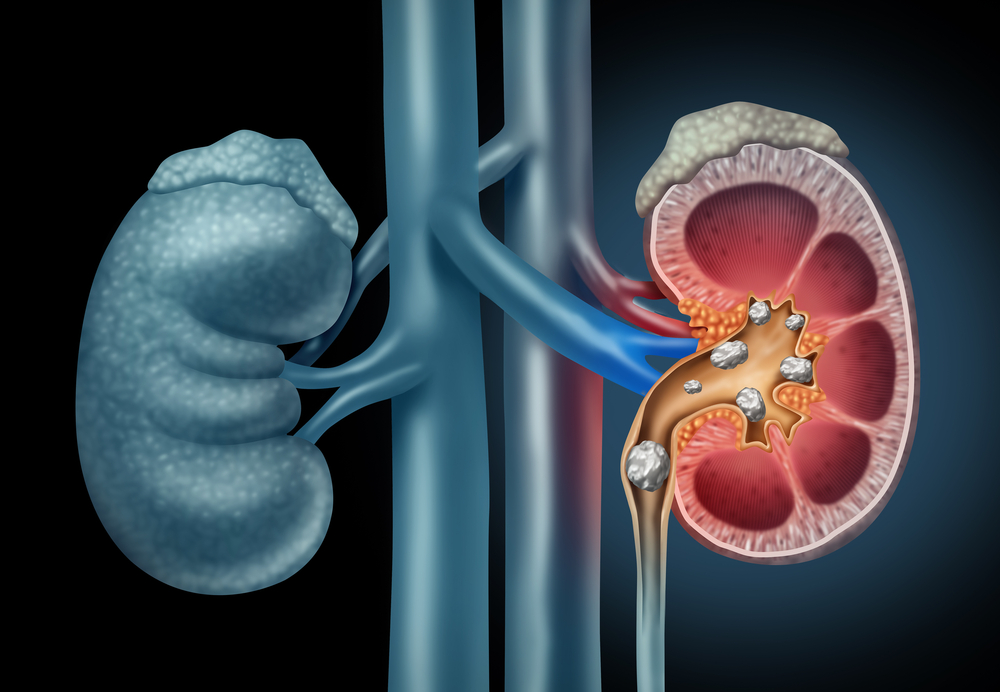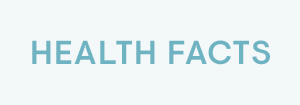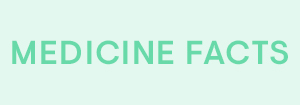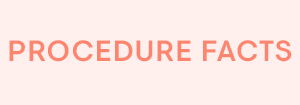
Overview
Kidney stones, nephrolithiasis, or renal calculi are hard salt and mineral deposits that precipitate from concentrated urine. They are sometimes fatal and can cause excruciating pains if ignored. So, it’s critical to treat them at an early stage.
If your doctor thinks you will get kidney stones after prior treatment, they may recommend prevention. Depending on your circumstance, all you may need to clear a kidney stone is pain medication and water. Stones in the urinary tract that cause an infection or other problems may require surgery.
Key Facts
- Kidney stones are formed from the precipitation of salts and minerals in concentrated urine.
- A small kidney stone can pass through the urinary tract with little or no pain, but larger stones get stuck in the urinary tract causing severe pain and bleeding.
- Based on the salt composition, there are 4 types of kidney stones; calcium stones, struvite stones, uric acid stones, and cystine stones.
- More than 100,000 individuals in Nigeria experience kidney stones every year.
- Kidney stones are more common in men than in women.
- You’re at more risk of developing kidney stones if there’s a history of the condition in your family.
- You’re more likely to have kidney stones again if you’ve had them in the past.
Types of Kidney Stones
Based on a statement by the National Kidney Foundation, there are four types of kidney stones. They are listed below.
- Calcium oxalate: Calcium oxalate, the most common type of kidney stone, is formed when calcium and oxalate mix in urine. Insufficient calcium and water consumption may contribute to kidney stone development.
- Uric acid: This form of renal calculi is common. High purine consumption raises monosodium urate, which causes these kidney stones. Organ meats and shellfish are some purine-rich food sources. These stones are often inherited.
- Struvite stones: Urinary tract infections (UTIs) are a risk factor for this type of renal calculi. These stones can clog the urinary tract when large.
- Cystine stones: 1 in 7,000 people suffer from cystine kidney stones. Men and women with cystinuria are equally likely to encounter them. The kidneys release cystine into the urine, forming hard deposits.
Symptoms
Usually, symptoms of kidney stones don’t appear until the stone moves about in the kidney or enters one of the ureters. The kidneys and urinary bladder are linked via tubes called ureters. A kidney stone in the ureter can cause the ureter to contract and the kidney to enlarge, both of which are extremely painful conditions.
At this point, the patient might begin to experience the following symptoms:
- Intense pain in the side and back, just below your ribcage
- Pain in your groin and lower abdomen area
- Periodic and varying pain
- Experiencing a burning sensation or discomfort while urinating
- Abnormal color of urine; pink, brown, red
- Urine that is cloudy or has an offensive odor
- Increased frequency of urination or decreased volume of output
- Diarrhea and weakness
- Infection-related fever and chills.
Diagnosis
A patient’s symptoms and medical history can help a primary health care physician diagnose kidney stones. This will be an easy procedure if you’ve ever dealt with kidney stones.
You may have to undergo the following diagnostic procedures:
- Examination of your urine for kidney diseases and stone fragments
- Kidney function tests– urinalysis and urine stone analysis; these tests can also detect abnormalities in the amounts of chemicals, such as calcium, that can lead to kidney stones.
- A kidney stone collection kit may be made available to you. Having a kidney stone examined can help your doctor make an accurate diagnosis and focus on the best course of therapy.
Causes
Some possible causes and triggers of kidney stones include:
- Lack of hydration
- Excessive or insufficient physical activity.
- Obesity
- Weight loss surgery
- Excessive intake of salt and sugar is a potential trigger.
- In certain individuals, urinary tract infections can cause kidney stones.
- A high intake of fructose is associated with an increased likelihood of experiencing a kidney stone. High fructose corn syrup and sugar are both good sources of fructose.
- Certain medications like antibiotics, some antiretroviral drugs, and some diuretics used to treat high blood pressure.
Prevention
You can reduce your risk of kidney stones through the following measures:
- You should consume at least 12 cups of water daily to reduce your urine concentration. Additionally, try your best to avoid soda drinks.
- Consumption of fruits and veggies reduces urine acidity. In turn, less acidic urine may prevent stone formation. Animal protein causes acidic urine, which increases kidney stone risk.
- Reduce your salt intake.
- Regularly engage in exercise.
- Overweight individuals should lose weight. However, high-protein, animal-based weight loss diets, and crash diets can increase stone development. So, consult a registered dietitian before starting a weight-loss or kidney stone-prevention diet.
Typical Treatments
The treatment of kidney stones solely depends on the type of stone, according to the Mayo Clinic.
Treatment for Small Stones
The vast majority of kidney stones are too tiny to necessitate surgery. A pebble or small stone might slip by unnoticed if the following measures are taken:
- Regular water intake: Keeping your urine dilute by drinking as much as 2 to 3 quarts (1.8 to 3.6 liters) each day will help avoid the formation of renal calculi.
- Passage through the urinary system: In some cases, a kidney stone might be ejected with the help of medications prescribed by your doctor. Alpha-blockers are a class of drugs that help you move kidney stones more rapidly and with less discomfort by relaxing the muscles in your ureters.
- Medications for reducing the discomfort: Passing out a pebble-sized stone can also be unpleasant. Over-the-counter pain relief medications, such as ibuprofen, other NSAIDs, and acetaminophen, can help with the pain.
Treatment of Large Stones
Larger kidney stones that don’t move out on their own or cause complications such as bleeding, kidney damage, or recurring UTIs may require surgery or more technical procedures.
The methods may include:
- Sound waves: Your doctor may recommend a procedure known as Extracorporeal Shock Wave Lithotripsy (ESWL), which uses shock waves to treat kidney stones based on size and location. Sound waves cause intense vibrations (shock waves) that break the stones into smaller particles.
- Having major kidney stones surgically removed: Percutaneous nephrolithotomy involves removing kidney stones by a tiny incision in the back using surgical telescopes and tools. The subject will be sedated during the procedure and hospitalised for one or two days. Doctors may recommend this surgery if ESWL fails.
- Eliminating stones with a scope: A ureteroscope is a small, lighted tube that removes kidney or ureteral stones. Kidney stones can be trapped or broken apart and passed in your urine. Then, your doctor may install a tube to minimise inflammation and speed up recovery.
Conclusion
Kidney stones are a prevalent medical issue. Inadequate fluid intake is a primary contributor, but poor eating habits, being overweight, and leading an unhealthy life are other triggers.
To prevent further complications, seek immediate medical attention if experiencing symptoms of kidney stones, urinary tract infections, or kidney infections.
MOST COMMON






